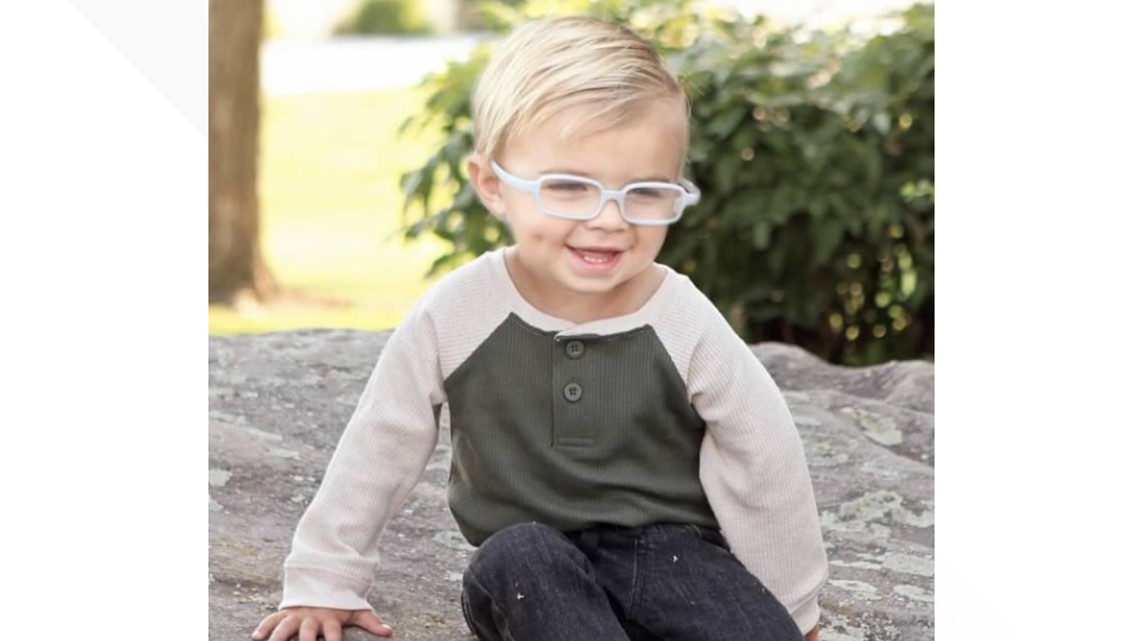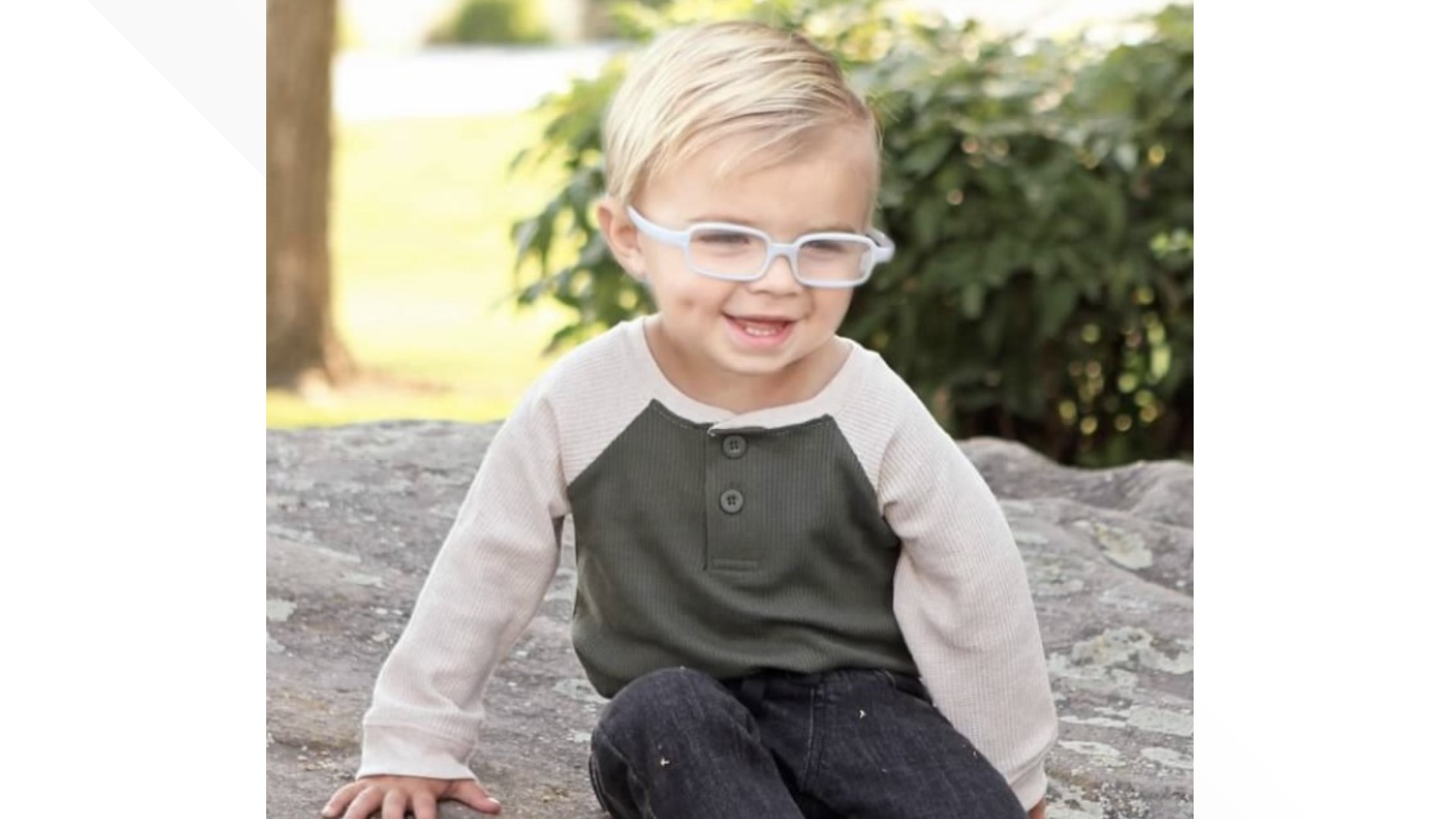CAMP PENDLETON SOUTH, Calif. — Keaton Nelson was born on October 12, 2018, in La Jolla to a Camp Pendleton military family. There was a surprise his parents did not envision.
“We talked to the pediatrician and she said ‘I’ve never seen this before,’” said Jennie Nelson, Keaton’s mom.
It was his eyes.
“When he came out, I looked at him and I was like, ‘he has a blurry left eye,’” said Jennie. “My husband looked at him and said ‘yeah, he does. Like that’s not normal.’”
Then a doctor had an answer. A doctor diagnosed Keaton with peters anomaly. Keaton needed a procedure done within the first few months of his life.
He needed a cornea transplant. The clock was ticking, but who could give him a cornea? It turns out, someone had already made that decision.
Someone’s family decided to donate a cornea through the San Diego Eye Bank.
“We will forever be grateful for them donating the eyes because he can see,” said Jennie.
Imagine having a hero, but not even knowing who they were.
”I don’t know anything about them, and I wish I did,” said Jennie.


Two months later, Dr. Chris Heichel from Shiley Eye Institute performed surgery on Keaton. It was a success. He’s now pushing two and a half years old.
“This little guy - I mean, he does pretty good,” said Jennie. “He got his glasses at five months.”
While the U.S. Department of Health and Human Services considers it to be a rare disease, the San Diego Eye Bank impacts thousands of local families.
Wayne Dietz is the quality assurance director of the San Diego Eye Bank.
“Organ donation as a whole is kind of magical if you will,” said Dietz.
He said it isn’t just “magical.” It’s also more common than you might imagine.
Dietz said 1,000 corneas are transplanted each year locally, and then a few hundred from the eye bank help patients all over the world.
Weitz said the bank’s youngest recipient was two days old, also a peters anomaly patient. The average donor is about 60 years old.
“The cornea itself is avascular,” said Dietz during a Zoom interview. “It does not have a blood supply, so we don’t need to do any tissue typing or cross matching and they’re about 95% successful on the first transplant.”
Weitz said the eye bank has a family services team that contacts families after their family member dies. Team members offer them the opportunity to donate or to pass.
“Both answers are correct for a family,” said Dietz. “We accept a ‘no’ answer as graciously as a ‘yes’ answer. We’re not trying to get a family to donate. We’re merely offering the opportunity.”
Contact is optional and the eye bank will act as a messenger between the two - only if both parties are okay with it. Sometimes families will exchange letters, but it is uncommon for the two to meet in person.
“If you stop to think how we would function on a daily basis without our eyes, it is also a profound miracle to see someone be able to see again,” said Dietz. “It - it is amazing.”
The ability to see is a gift many often take for granted.
“I just suggest that you close your eyes and walk to your bedroom one night to see what a difference it makes,” said Dietz. “Please don’t do that. You might fall. Yeah, sight is an amazing gift. The opportunity to be able to give it and pass it on to someone is indeed something that is very special.”
As for the Nelson family, they are currently living in Idaho near family because of the pandemic, but still have orders at Camp Pendleton near Oceanside. Keaton is doing well, largely because of another family’s decision.
“I just want people to know like if they haven’t decided to become a donor of their eyes, like, please,” said Jennie. “You never know whose life you could bless.”
WATCH: Smallest baby to receive heart transplant in San Diego heads home in time for Mother’s Day:

